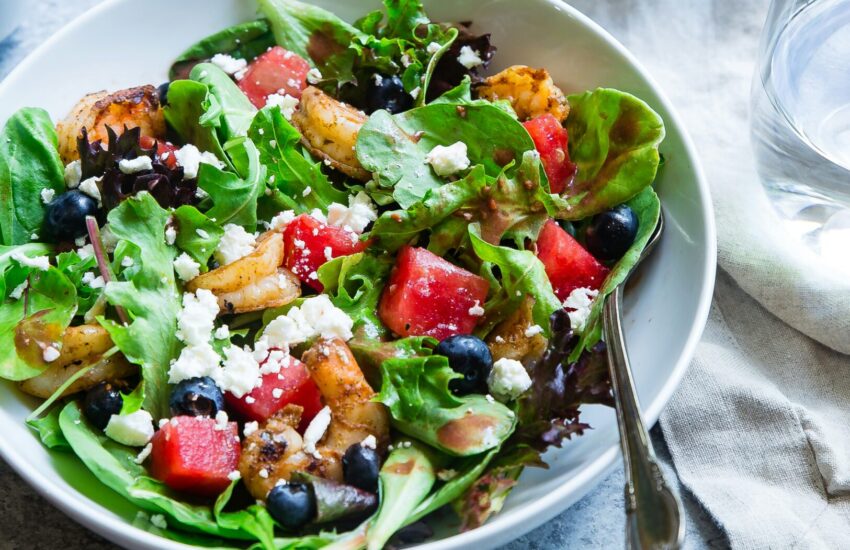Protein is an essential macronutrient that plays a crucial role in building and repairing tissues, supporting immune function, and maintaining overall health and wellbeing. While protein is commonly associated with animal-based foods like meat, poultry, and dairy, there are numerous plant-based sources of protein that can meet dietary needs and preferences. In this comprehensive guide, Mohit Tandon from Texas will explore the 15 best natural sources of protein, including both animal-based and plant-based options. From lean meats and seafood to legumes, nuts, and seeds, there are plenty of delicious and nutritious foods that can help you meet your protein requirements.
1. Chicken Breast
Chicken breast is a popular and versatile protein source that is lean, low in fat, and high in quality protein. A 3-ounce (85 grams) serving of cooked chicken breast provides approximately 26 grams of protein, making it an excellent choice for those looking to increase their protein intake while minimizing calorie and fat intake.
Chicken breast can be grilled, baked, or sautéed and incorporated into various dishes, including salads, stir-fries, and sandwiches. Firstly, It’s a staple protein source in many diets and can be enjoyed as part of a balanced and nutritious meal.
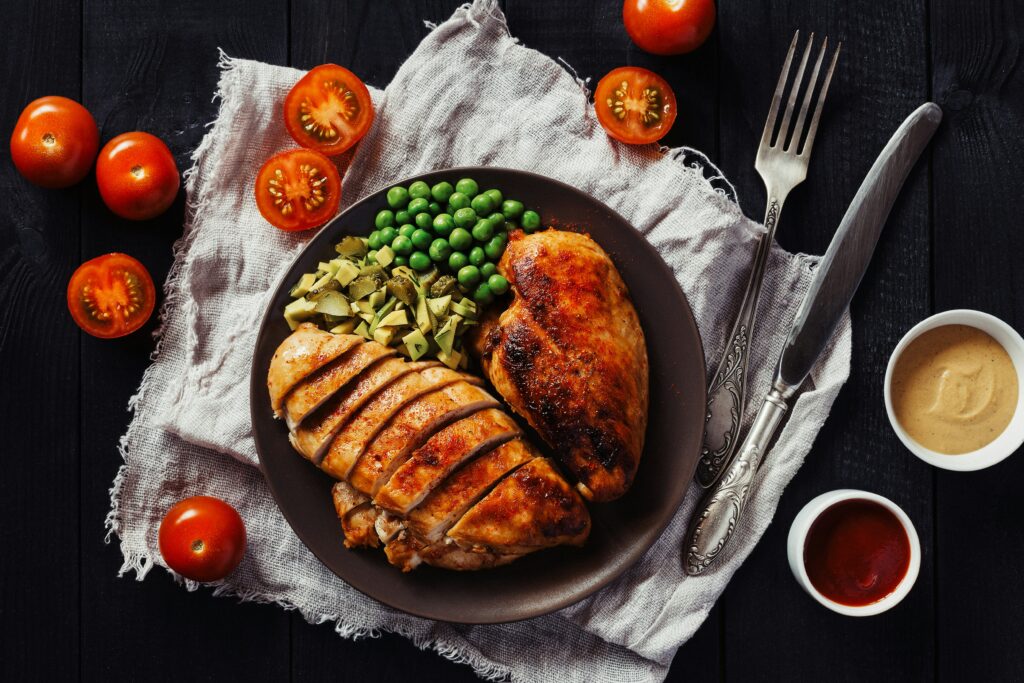
2. Salmon
Salmon is a fatty fish that is rich in heart-healthy omega-3 fatty acids and high-quality protein. A 3-ounce (85 grams) serving of cooked salmon provides approximately 22 grams of protein, along with essential nutrients like vitamin D, vitamin B12, and selenium.
Secondly, Salmon can be grilled, baked, or broiled and pairs well with a variety of flavors and seasonings. It’s a delicious and nutritious protein source that supports heart health, brain function, and overall wellbeing.
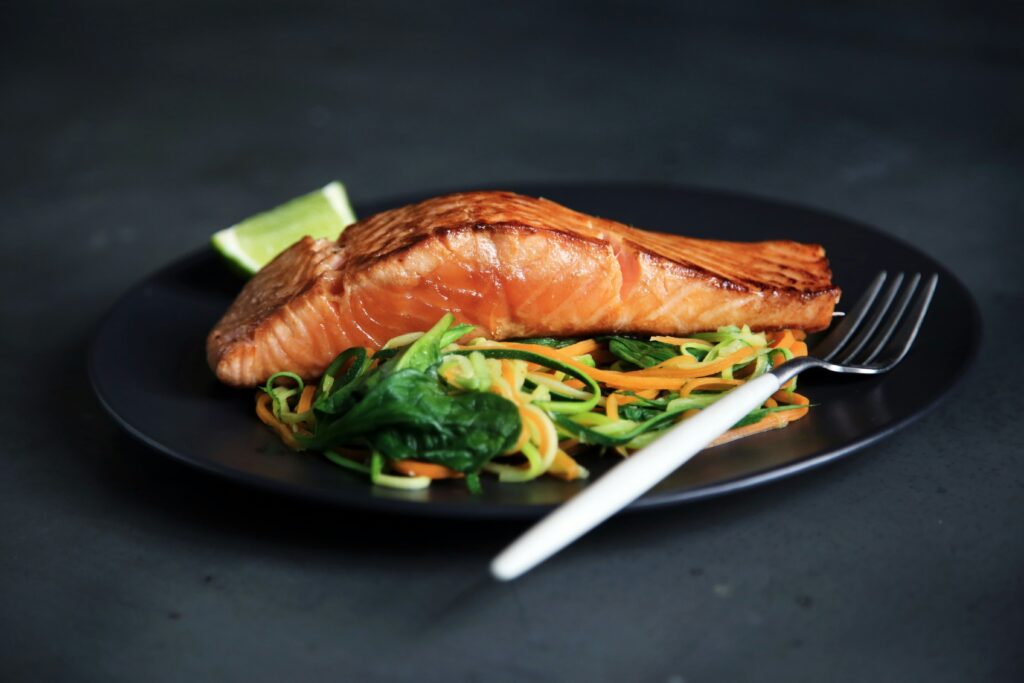
3. Eggs
Eggs are a nutrient-dense food that is rich in high-quality protein, vitamins, and minerals. One large egg provides approximately 6 grams of protein, along with essential nutrients like vitamin D, vitamin B12, and choline.
Thirdly, Eggs can be enjoyed in various ways, including boiled, scrambled, fried, or poached. They are a versatile ingredient that can be incorporated into breakfast dishes, salads, sandwiches, and baked goods.
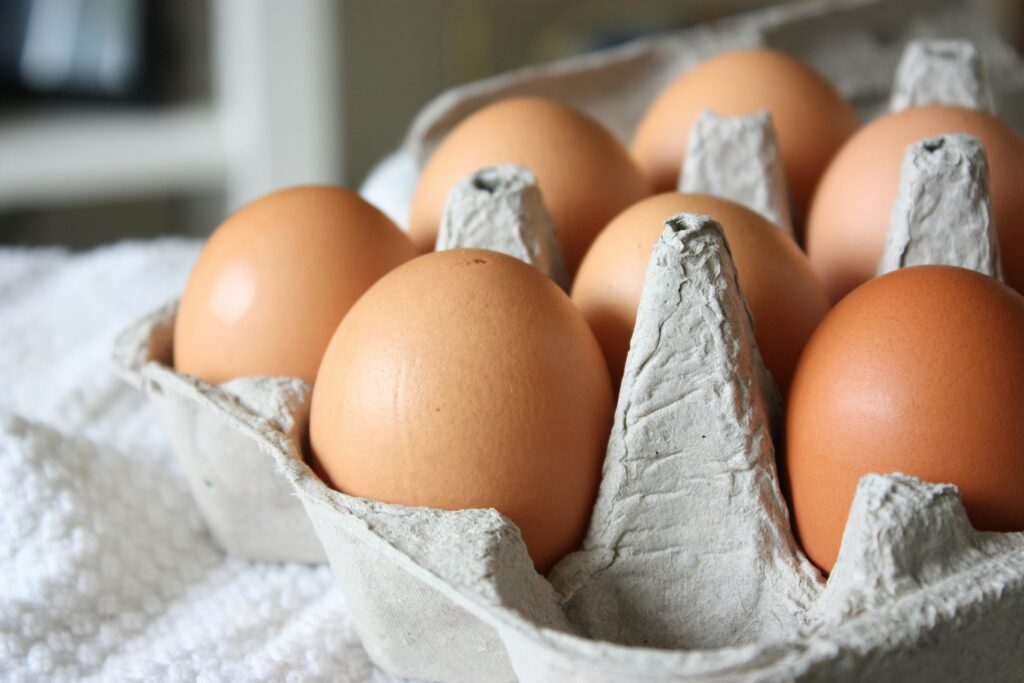
4. Greek Yogurt
Greek yogurt is a thick and creamy yogurt that is strained to remove excess whey, resulting in a higher protein content compared to regular yogurt. A 6-ounce (170 grams) serving of plain Greek yogurt provides approximately 17 grams of protein, along with probiotics that support gut health.
Especially, Greek yogurt can be enjoyed on its own or used as a versatile ingredient in smoothies, dips, dressings, and desserts. It’s a convenient and nutritious protein source that can be incorporated into a variety of meals and snacks.
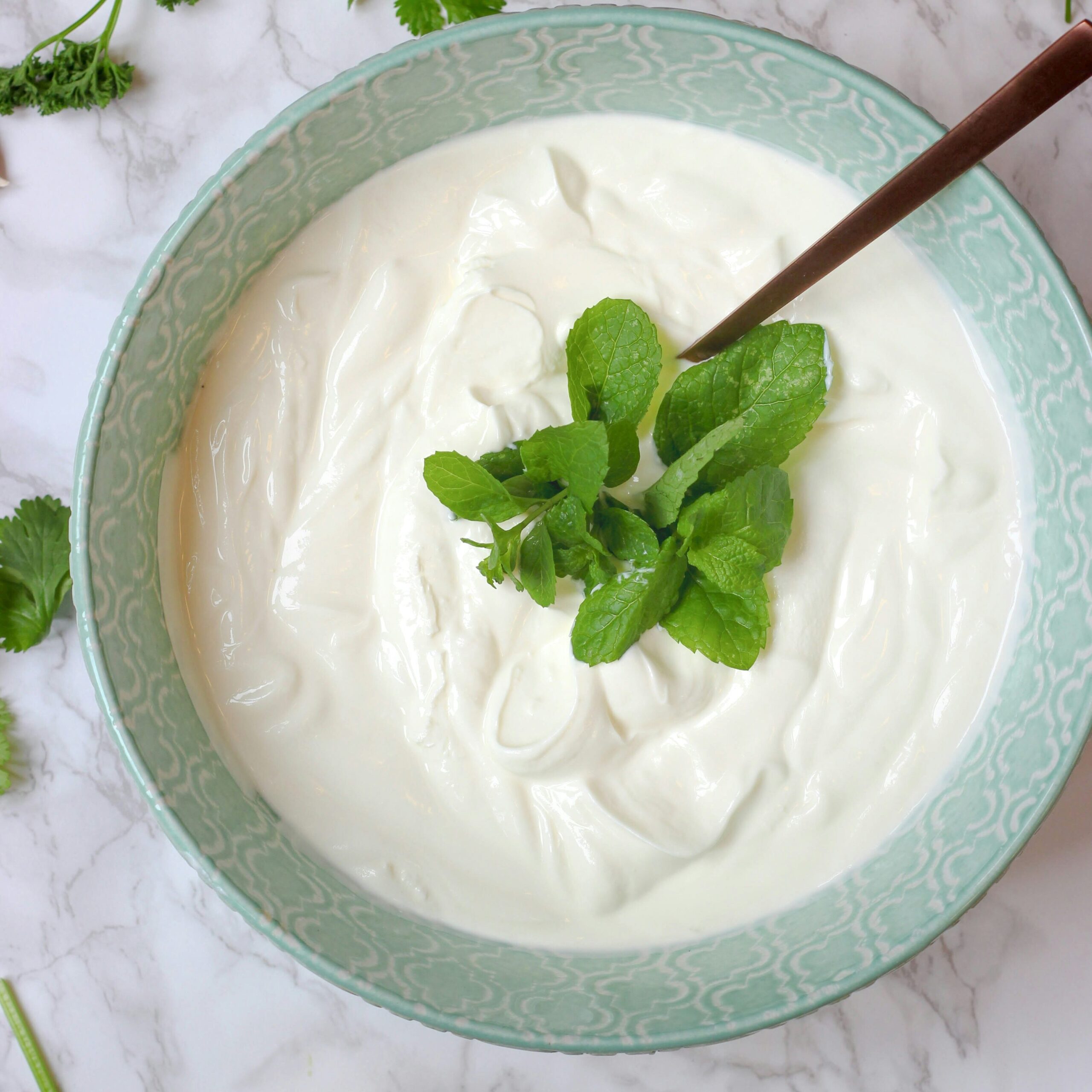
5. Cottage Cheese
Cottage cheese is a soft and creamy cheese that is high in protein and low in fat. A 1-cup (226 grams) serving of low-fat cottage cheese provides approximately 28 grams of protein, along with essential nutrients like calcium and phosphorus.
Surely, Cottage cheese can be enjoyed on its own or paired with fruits, vegetables, nuts, and seeds for added flavor and texture. It’s a versatile ingredient that can be incorporated into salads, sandwiches, wraps, and savory dishes.

6. Lentils
Lentils are a nutritious legume that is rich in plant-based protein, fiber, vitamins, and minerals. A 1-cup (198 grams) serving of cooked lentils provides approximately 18 grams of protein, along with essential nutrients like iron, folate, and manganese.
Lentils can be cooked and enjoyed in a variety of dishes, including soups, stews, salads, and curries. They are a versatile and affordable protein source that can be incorporated into vegetarian and vegan diets.
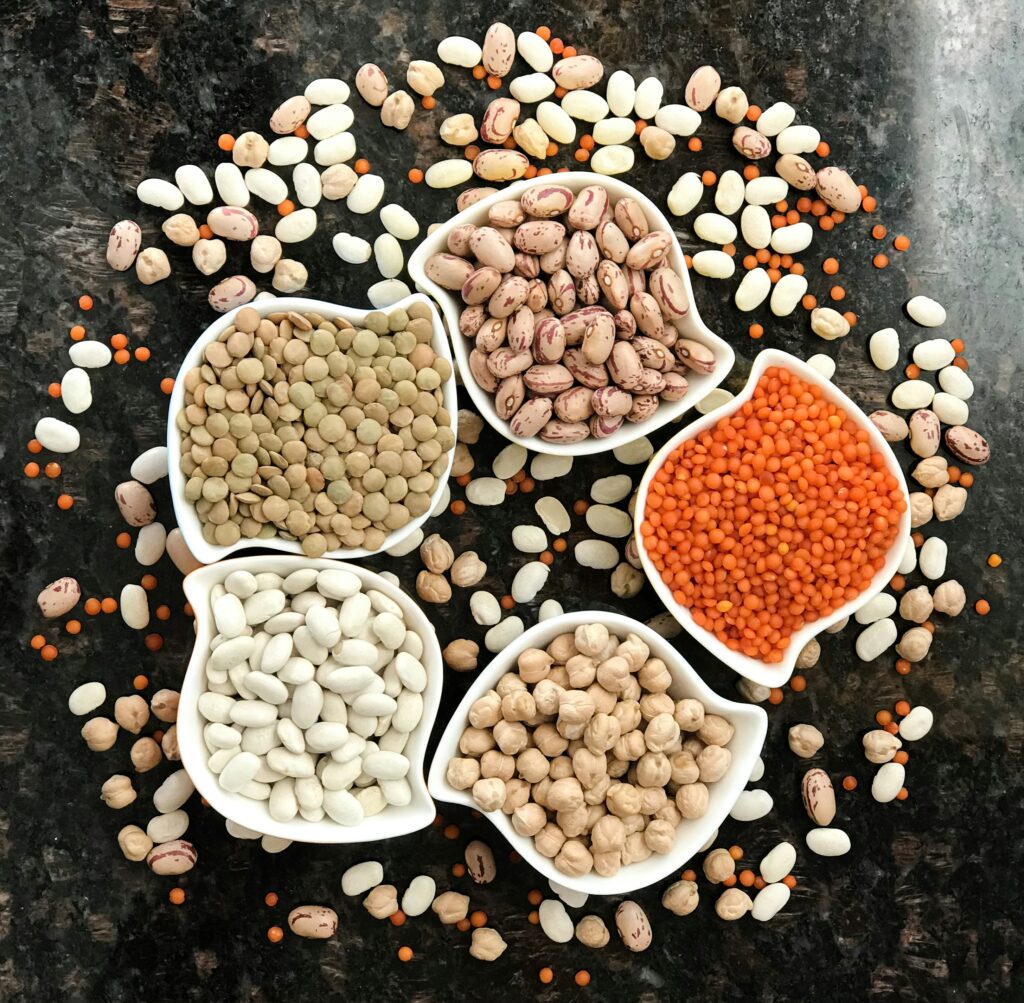
7. Chickpeas
Chickpeas, also known as garbanzo beans, are a versatile legume that is rich in protein, fiber, and essential nutrients. A 1-cup (164 grams) serving of cooked chickpeas provides approximately 15 grams of protein, along with nutrients like folate, manganese, and phosphorus.
Chickpeas can be used in a variety of dishes, including hummus, salads, soups, stews, and curries. They are a delicious and nutritious protein source that can be enjoyed as part of a balanced diet.
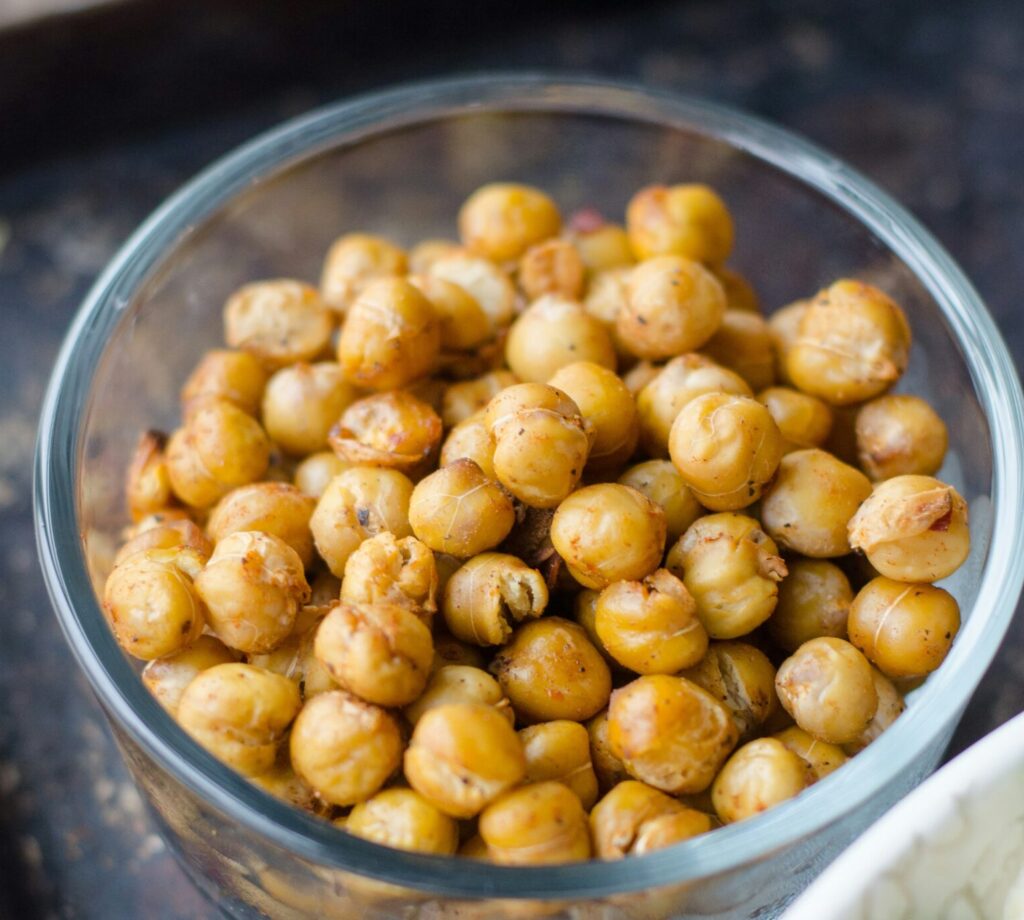
8. Quinoa
Quinoa is a gluten-free pseudo-grain that is rich in plant-based protein, fiber, and essential nutrients. A 1-cup (185 grams) serving of cooked quinoa provides approximately 8 grams of protein, along with nutrients like iron, magnesium, and manganese.
Quinoa can be cooked and enjoyed on its own as a side dish or used as a versatile ingredient in salads, stir-fries, soups, and casseroles. It’s a nutritious protein source that can be incorporated into vegetarian and vegan diets.
9. Tofu
Tofu, also known as bean curd, is a popular plant-based protein source made from soybeans. A 3-ounce (85 grams) serving of firm tofu provides approximately 8 grams of protein, along with essential nutrients like iron, calcium, and magnesium.
Tofu can be cooked and enjoyed in a variety of dishes, including stir-fries, soups, salads, and sandwiches. It’s a versatile ingredient that absorbs flavors well and can be seasoned to suit different culinary preferences.
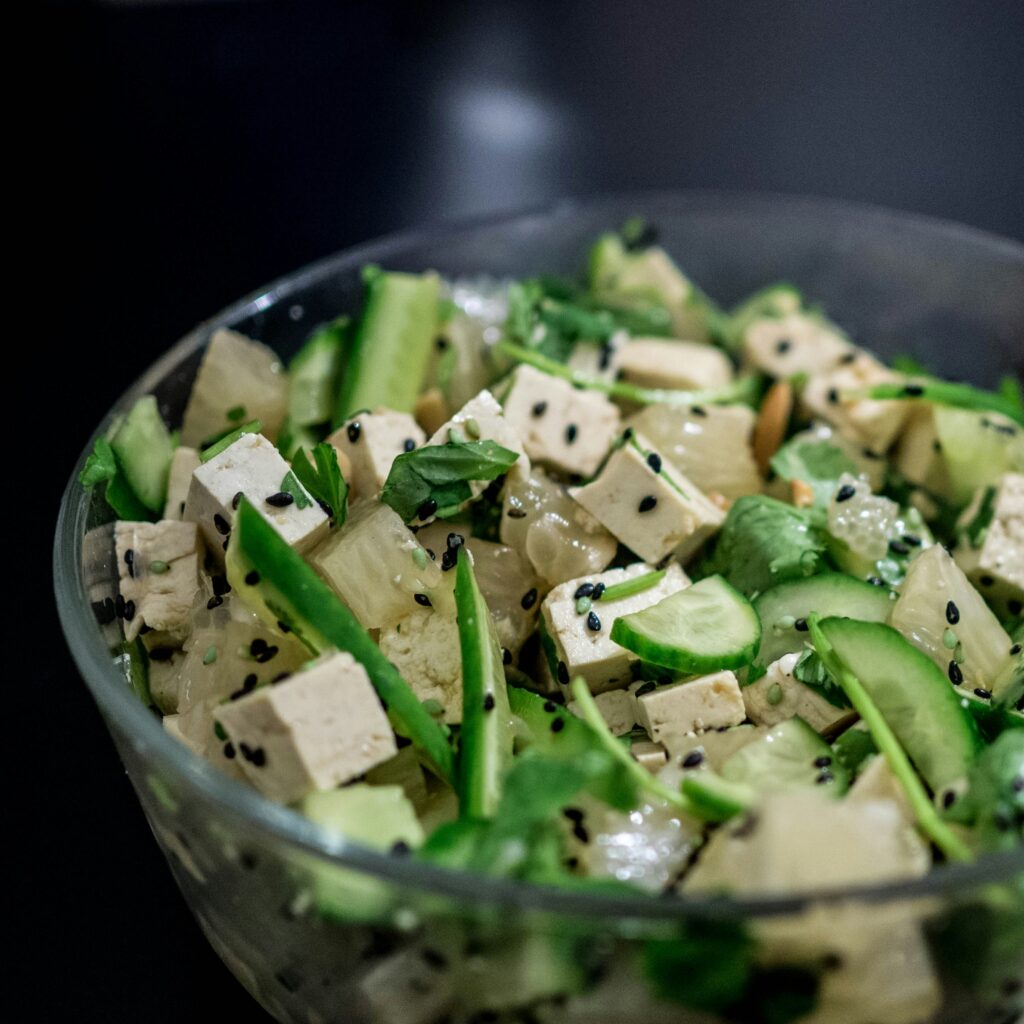
10. Almonds
Accordingly Mohit Tandon, Almonds are a nutrient-dense nut that is rich in protein, healthy fats, vitamins, and minerals. A 1-ounce (28 grams) serving of almonds provides approximately 6 grams of protein, along with essential nutrients like vitamin E, magnesium, and manganese.
Especially, Almonds can be enjoyed on their own as a snack or used as a versatile ingredient in salads, granola, trail mix, and baked goods. They are a delicious and nutritious protein source that can be incorporated into a variety of dishes.
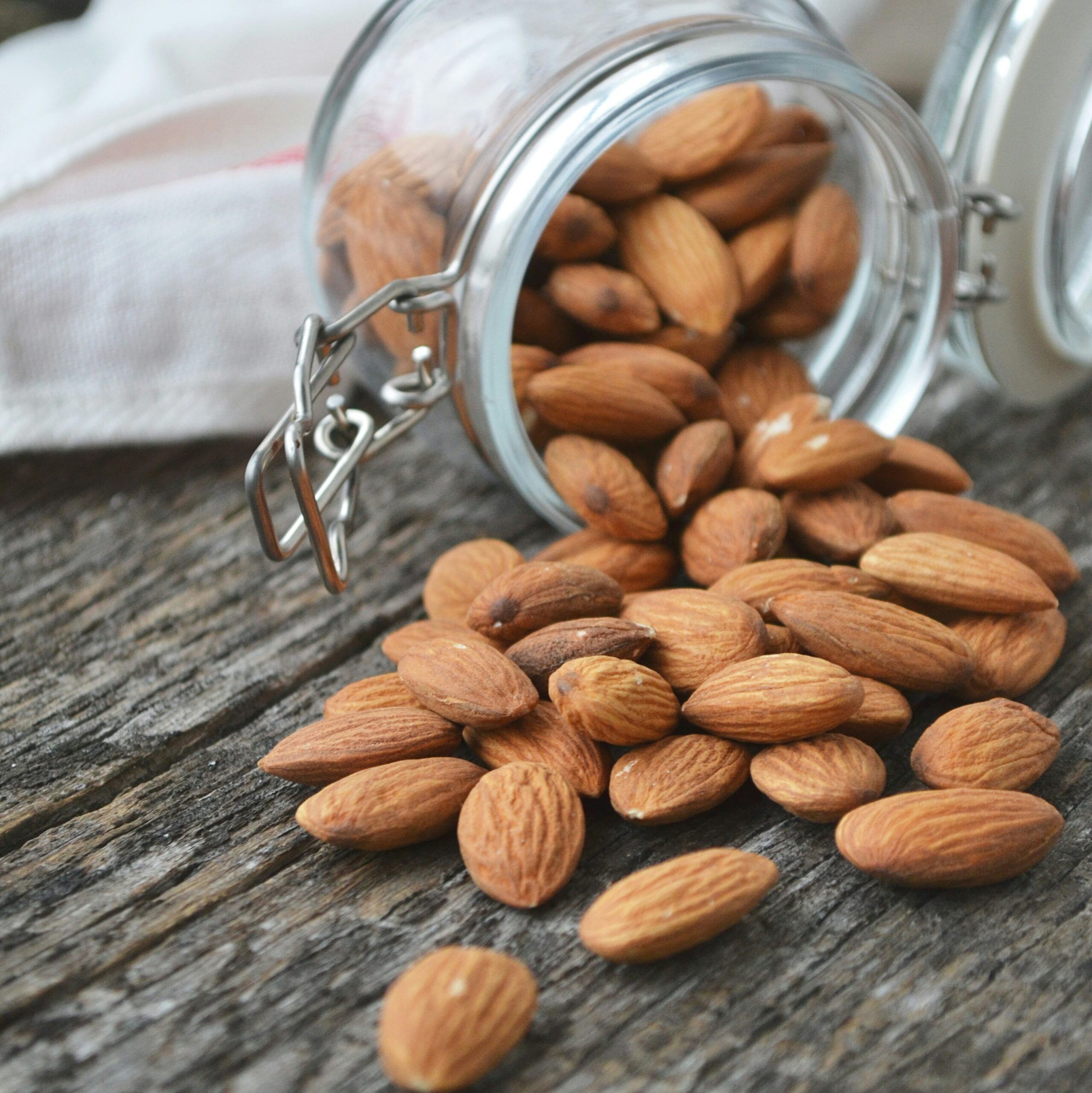
11. Chia Seeds
Chia seeds are tiny seeds that are rich in protein, fiber, and essential fatty acids. A 2-tablespoon (28 grams) serving of chia seeds provides approximately 4 grams of protein, along with nutrients like omega-3 fatty acids, calcium, and magnesium.
Chia seeds can be added to smoothies, yogurt, oatmeal, and baked goods to boost their protein and nutrient content. They are a versatile and nutritious ingredient that can be incorporated into a variety of dishes.
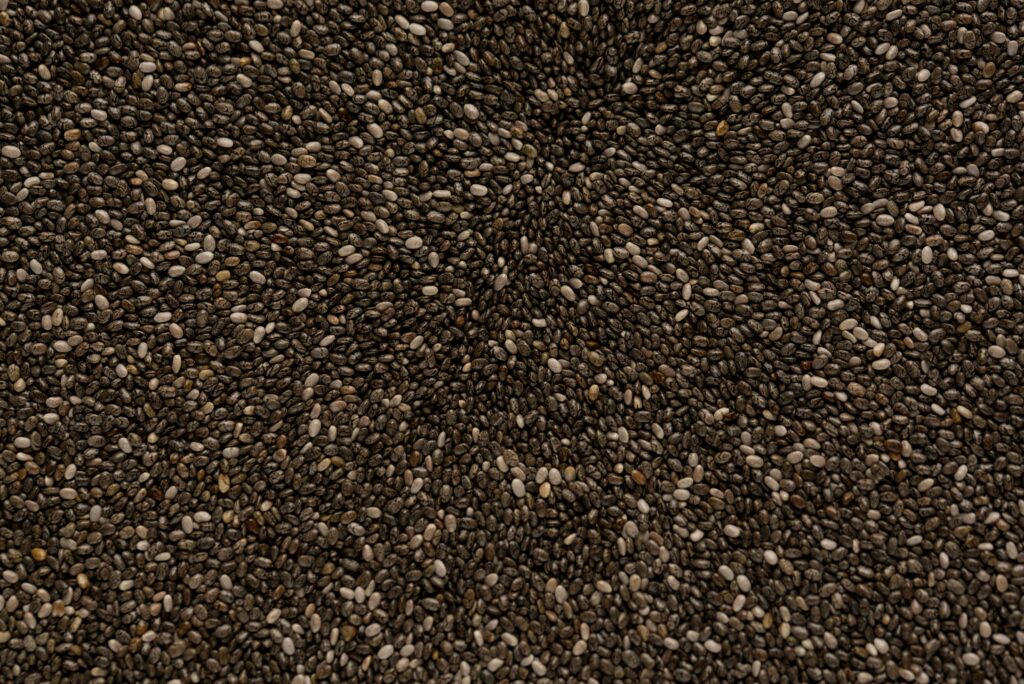
12. Pumpkin Seeds
Pumpkin seeds, also known as pepitas, are a nutrient-dense seed that is rich in protein, healthy fats, vitamins, and minerals. A 1-ounce (28 grams) serving of pumpkin seeds provides approximately 9 grams of protein, along with nutrients like iron, magnesium, and zinc.
Pumpkin seeds can be enjoyed on their own as a snack or used as a topping for salads, soups, and yogurt. They are a delicious and nutritious protein source that can be incorporated into a variety of dishes.
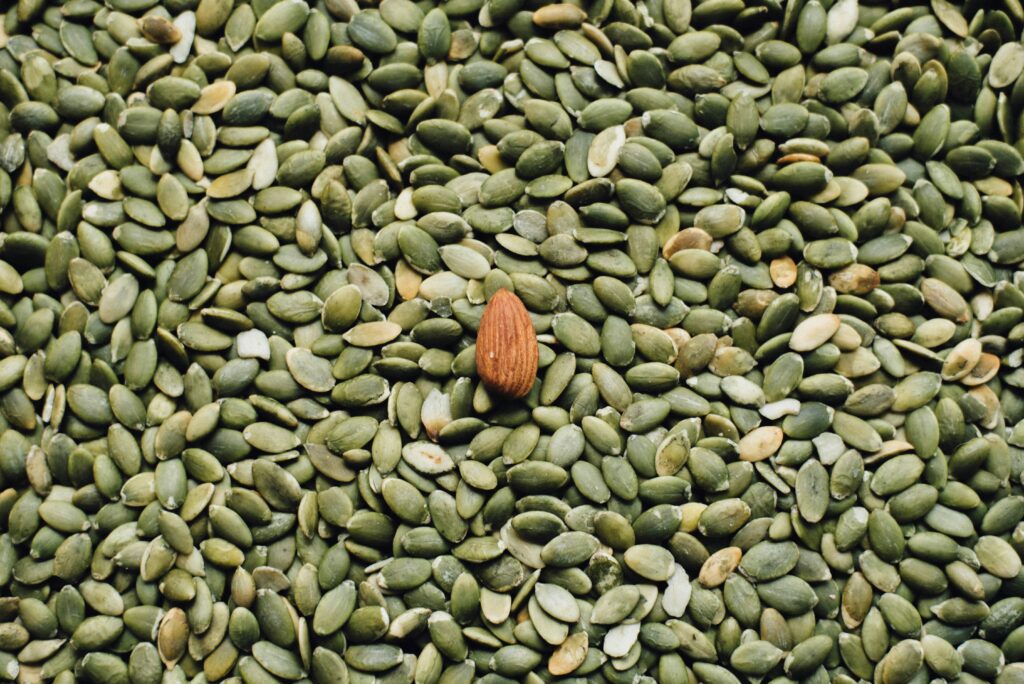
13. Black Beans
Black beans are a nutritious legume that is rich in plant-based protein, fiber, and essential nutrients. A 1-cup (172 grams) serving of cooked black beans provides approximately 15 grams of protein, along with nutrients like folate, magnesium, and iron.
Black beans can be used in a variety of dishes, including soups, stews, salads, and tacos. They are a versatile and affordable protein source that can be incorporated into vegetarian and vegan diets.
14. Edamame
Edamame, or young soybeans, are a nutrient-dense legume that is rich in protein, fiber, and essential nutrients. A 1-cup (155 grams) serving of cooked edamame provides approximately 17 grams of protein, along with nutrients like folate, vitamin K, and manganese.
Edamame can be enjoyed on its own as a snack or used as a versatile ingredient in salads, stir-fries, and soups. It’s a delicious and nutritious protein source that can be incorporated into a variety of dishes.
15. Seitan
Seitan, also famous as wheat gluten or wheat meat, is a popular plant-based protein source made from wheat gluten. A 3-ounce (85 grams) serving of seitan provides approximately 21 grams of protein, along with nutrients like iron and selenium.
Seitan can be cooked and enjoyed in a variety of dishes, including stir-fries, sandwiches, and stews. It’s a versatile ingredient that has a meat-like texture and can be seasoned and flavored to suit different culinary preferences.
Conclusion
Protein is an essential macronutrient that plays a crucial role in supporting overall health and wellbeing. Whether you prefer animal-based or plant-based sources of protein, there are plenty of delicious and nutritious options to choose from. From lean meats and fatty fish to legumes, nuts, and seeds, incorporating a variety of protein-rich foods into your diet can help you meet your nutritional needs and support your health and fitness goals.
